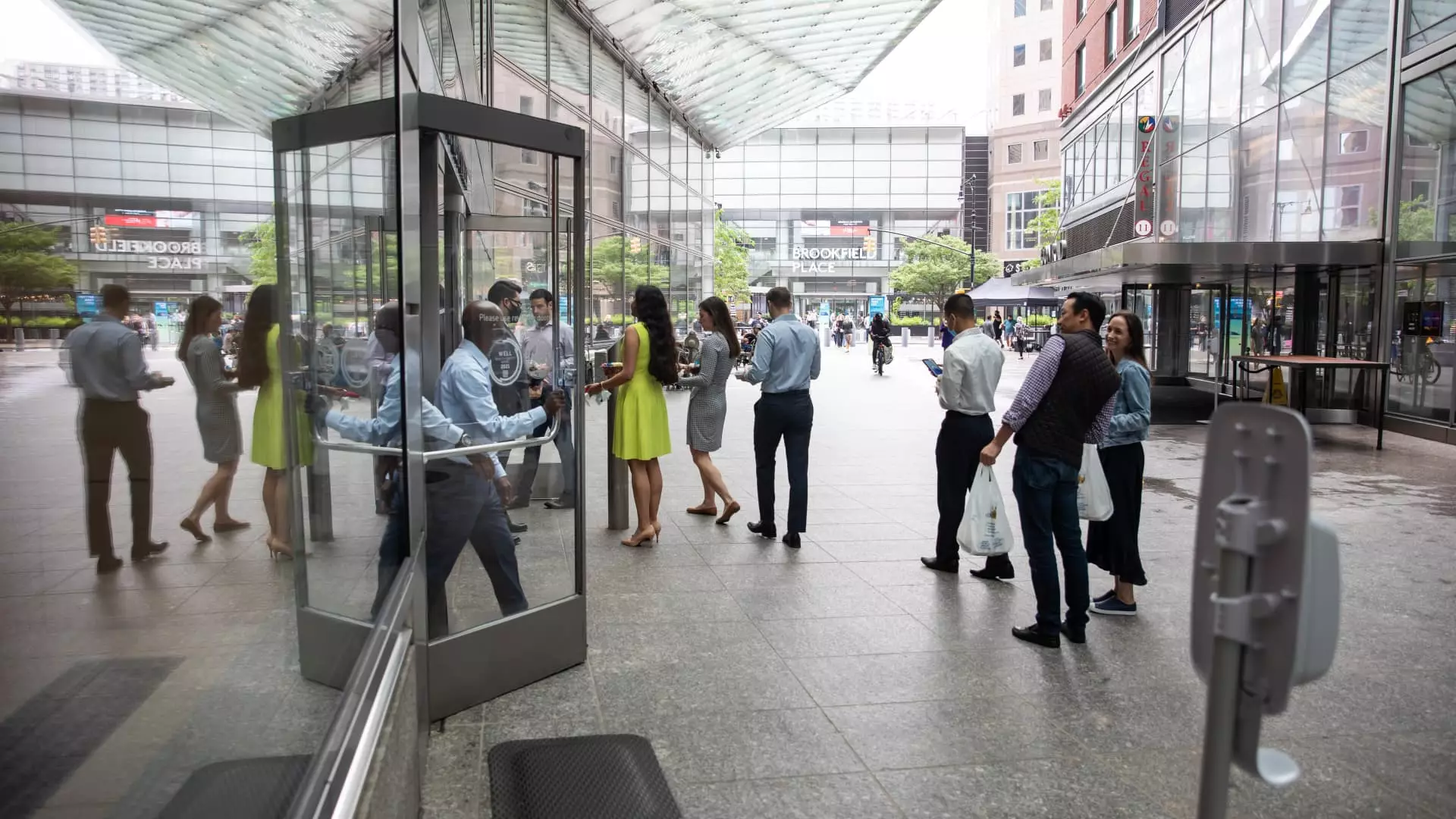The pulse of corporate America is sending a chilling signal: a significant 62% of CEOs anticipate a recession within the next six months. This staggering statistic emerged from a recent survey by Chief Executive, revealing a pervasive unease prevailing among the titans of industry. It’s not simply a cautious forecast; it’s an overwhelming sentiment that the economic climate is deteriorating at an alarming pace. Up from 48% just a month prior, this abrupt jump speaks volumes about the shifting tides of American economic expectations.
Respected leaders are not just worried; they are panicking. As volatility seeps into financial markets and consumer confidence wavers, it is indubitable that the ramifications of trade policy—particularly President Trump’s on-again-off-again tariffs—are wreaking havoc. A staggering three-quarters of the surveyed executives expect tariffs to inflict damage on their businesses by 2025. One has to wonder, how much longer can executives maintain their steadfast resolve while facing a government that seems to prioritize political theater over economic stability?
The Devastating Consequences of Economic Mismanagement
The data does not lie. The survey’s long-standing index reflecting CEOs’ perspectives on current business conditions experienced a drastic 9% decline in April, building on a 20% plunge observed the previous month. At its current level, this index echoes the grim realities felt during early COVID-19 months. The correlation cannot be overlooked: uncertainty breeds chaos. When business leaders define a downturn as inevitable, it trickles down to every employee, investor, and consumer.
Then we have the issue of escalating costs. Economic strain manifests palpably, with more than four out of five CEOs signaling an expectation of rising costs in the coming year. Imagine experiencing double-digit spikes in operational expenses—a nightmare scenario for any business. How are companies supposed to weather these turbulent waters amidst such uncertainty? As profits take a nosedive—only 37% of executives believe their revenues will grow this year versus 76% in January—the collective anxiety amongst the corporate elite becomes contagious.
This cascading series of forecasts raises critical questions. Are these CEOs simply echoing a pessimistic narrative, or are they reflecting the glaring realities of poor economic governance? One can evaluate their responses, consider their interests, and ultimately recognize the self-preserving nature of corporate America. When faced with the prospect of protectionist policies, it becomes apparent that profitability and public good can often collide head-on.
The Shrinking Space for Optimism
Amidst a background of gloom, there’s a flicker of hope: over half of the surveyed CEOs remain open to the possibility of improved business conditions in the coming year. But how truly significant is this optimism? An uptick from 39% the previous month can seem reassuring on the surface, yet it’s essential to understand that this is a mere faint glimmer against a backdrop of overwhelming despair.
Recent announcements have provided temporary respite, such as tariff exemptions on specific electronics, yet it remains unclear how long such measures will hold. As stated by Commerce Secretary Howard Lutnick, these exemptions are not set in stone—hinting at the capricious nature of tariffs as a means of governing trade. This results in insecurity among American businesses, making long-term planning nothing short of foolhardy.
With powerful figures like JPMorgan’s Jamie Dimon and BlackRock’s Larry Fink sounding the alarms, the warning signs are indisputable. Dimon expects a downward revision of earnings estimates among S&P 500 firms, while Fink cautions that the economic growth might have already slipped into the negative territory. The implications of this sentiment cannot be ignored; if even the most influential business leaders are bracing for impact, should we not be preparing for a societal shift that accompanies substantial economic downturns?
Confronting a Potential Downturn
As we gaze into an uncertain future, the onus lies not only with the corporate elite but with policymakers to steer the ship back on course. An indifference to economic pulse among the very leaders we depend on for stability breeds a dangerous environment for consumers and businesses alike. What is required now is not merely a response to criticism but a unified vision rooted in sustainable economic policies that prioritize growth, transparency, and public welfare alike.
With the corporate sector predicting a severe economic downturn, we must consider how this shapes the collective consciousness of the American populace. In this moment of trepidation, it might be time for a new approach—one where empathy meets economic pragmatism, ensuring that all citizens can weather whatever storm looms ahead.

